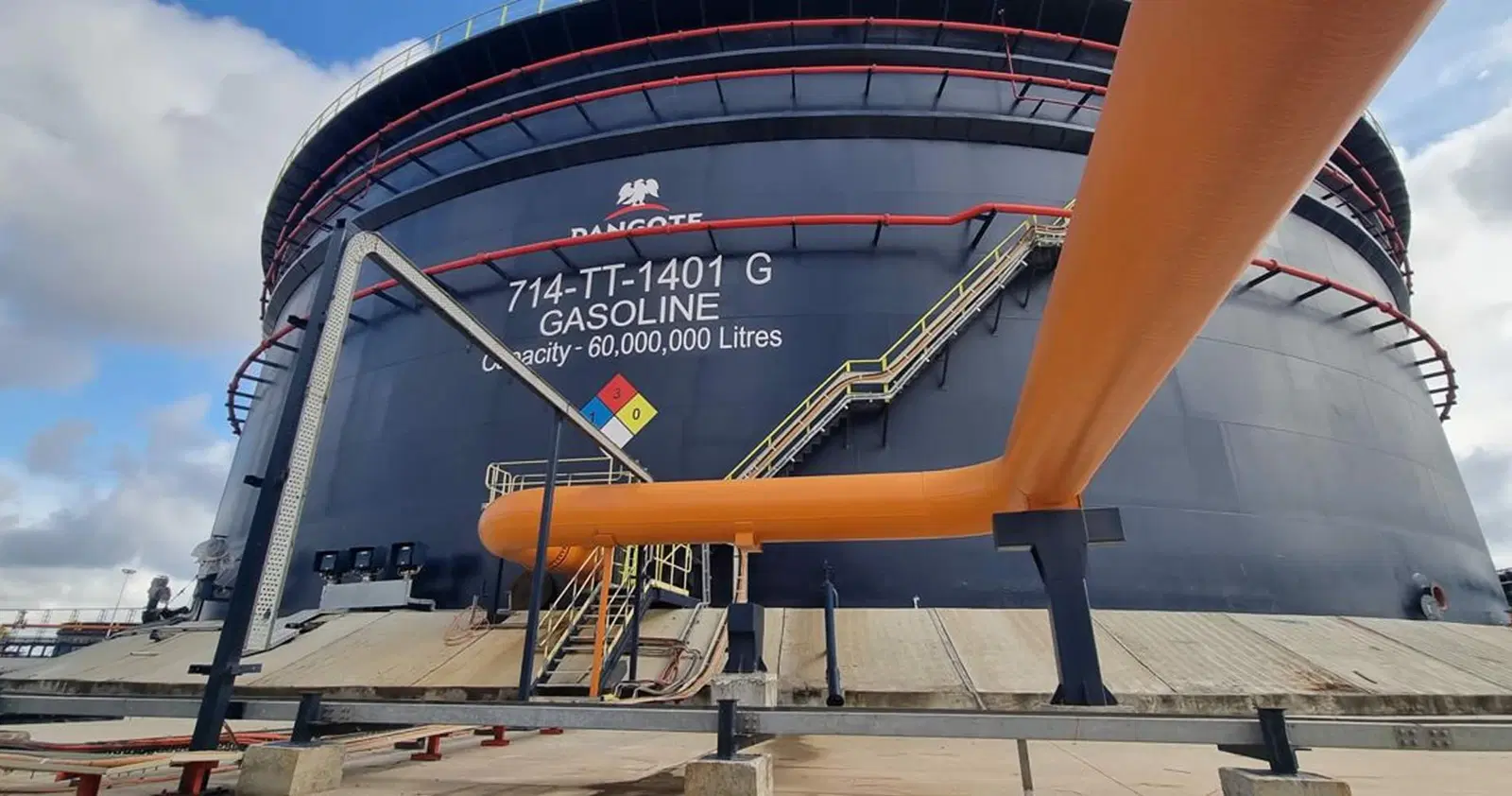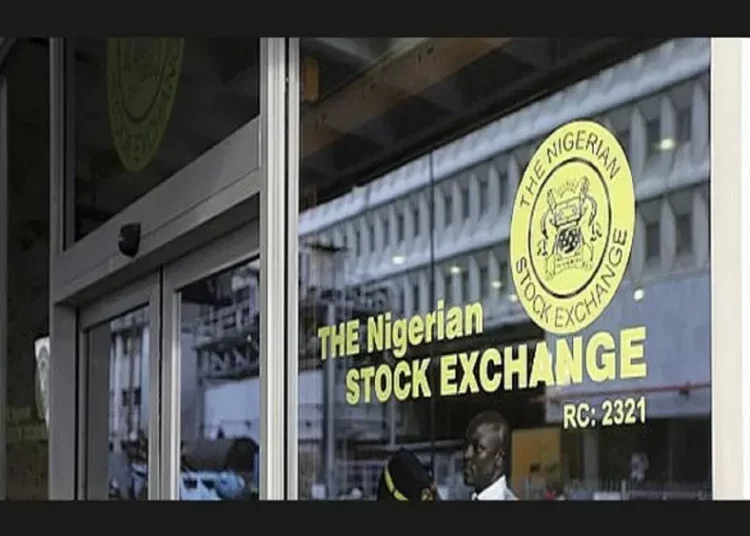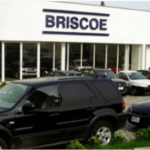The World Bank and the African Development Bank have finalized plans to invest $30 billion to increase energy in Africa, according to Power Minister Adebayo Adelabu.
Adelabu stated that Nigeria will receive roughly 25% of this amount, or $7.5 billion.
This was disclosed by the Minister during a visit to Splendor Electric Nigeria Limited, a porcelain insulator company located in the Odogbolu area of Ogun State, according to The Punch.
He said the banks would use the money to electrify 300 million more Africans over the course of the next five years.
Adelabu instructed the Splendor’s management to prepare for the upcoming electrification, saying he was optimistic that Nigeria would receive 20 to 25 percent of the money due to its sizable population.
“I want to inform you of the proposal or the intention, which is at an advanced stage, by the World Bank and the African Development Bank to spend about $30bn to extend electrification to an additional 300 million Africans within the next five years. And Nigeria is going to participate fully in this. I am confident that nothing less than 20 per cent or 25 per cent of this fund would come into Nigeria because of our population,” the minister disclosed.
According to Adelabu, the project’s major goal would be to improve and modernize the electrical infrastructure.
He said that regional cooperation will be employed to rescue Africa from energy poverty and that efforts were now being made to revitalize the power sector in both Nigeria and Africa as a whole.
Speaking on the Siemens project, he noted that the Presidential Power Initiative involves the construction of thousands of additional lines and tens of new transmission and injection sub-stations.
The Minister stated that the Siemens project’s pilot phase was almost finished and that Phase 1 will soon get underway.
Nigeria, a country of more than 200 million people, continues to struggle with an intermittent power supply, leaving millions of its people living in complete darkness.
According to the Nigerian Bureau of Statistics, there are less than 13 million electricity customers in Nigeria.










